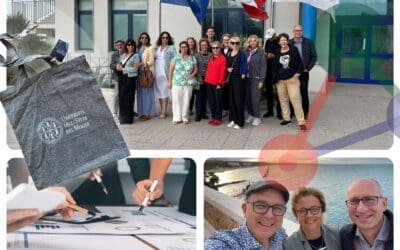The research goes beyond identifying challenges—it also provides practical recommendations to enhance the effectiveness of Erasmus+ KA1 mobility programs and ensure high-quality learning experiences.
Key Barriers and Enabling Factors
- Cultural and organizational factors: In some countries, international mobility is a well-integrated part of professional development, while in others, it remains underutilized.
- Structural challenges: Access to mobility programs depends on institutional frameworks, administrative requirements, and available funding, which can either encourage or discourage participation.
- Individual motivation and information gaps: Many adult educators and learners are unaware of the full benefits of mobility programs or struggle to find relevant opportunities.
Recommendations for More Effective and High-Quality Mobility Programs
- Raising awareness and promoting engagement: Clear communication about the benefits of mobility can help institutions and individuals recognize its value.
- Institutional support and capacity building: Providing mentoring and practical guidance for organisations can strengthen the impact of mobility initiatives.
- Improving the quality of mobility programs: The study emphasises that beyond increasing participation rates, the focus should be on ensuring high-quality, well-prepared, and well-followed-up mobility experiences that create lasting benefits.
The research was carried out by Progress Consult Ltd, with contributions from the Profadul expert team.
The full research report and detailed recommendations are available on the Tempus Public Foundation website:





